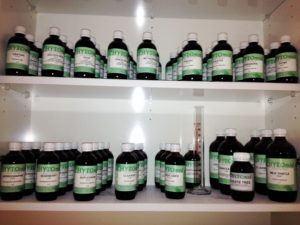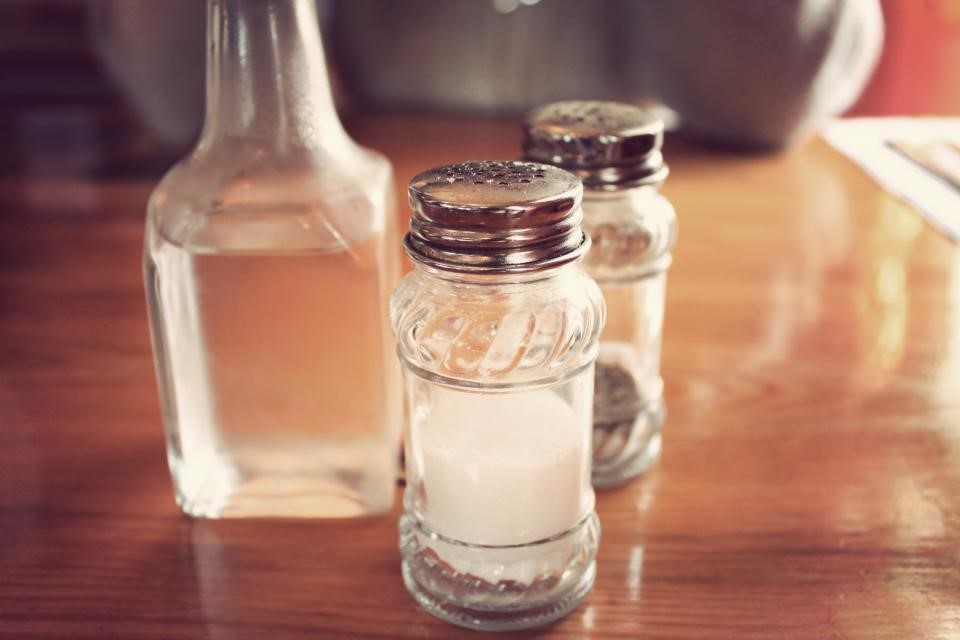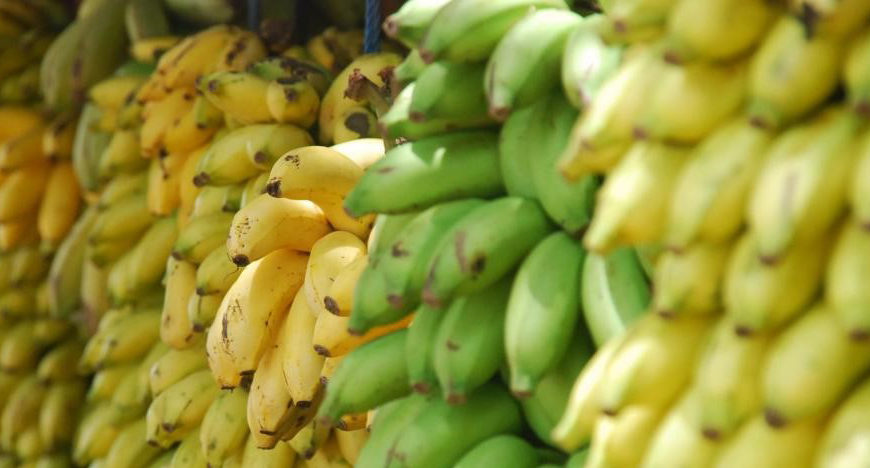High blood pressure is prevalent nowadays. We must all know someone who takes medication for it, or has been threatened by their doctor to take it unless they act quickly. It is an important topic to address, because if left untreated it may result in a stroke. High blood pressure is one of the leading causes of death in the Western World.
Normal blood pressure <120/<80, prehypertension 120-139/80-89, stage 1 hypertension 140-159/90-99 and stage 2 hypertension 160+/100+
Lifelong management requires committing to a few, simple diet and lifestyle tweaks:
Salt/Sodium attracts water in the blood, increasing pressure due to more blood volume.
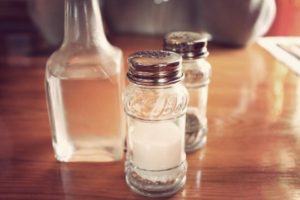
Sugar makes blood sticky and less flowing, increasing blood pressure.
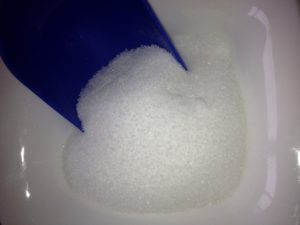
Stimulants (caffeine e.g. energy drinks, coffee and to a lesser extent, tea) promote adrenalin release from the adrenal glands (situated on top of the kidneys), because our bodies think that we are in danger. Adrenalin perks us up, but also increases our blood pressure by causing a stress response.
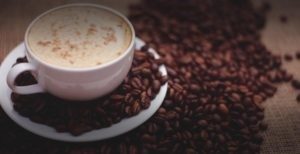
Smoking stiffens our arteries, causing atherosclerosis. Lack of arterial elasticity increases blood pressure.
Stress induces our fight, flight and freeze response (sympathetic nervous system), which prepares us for survival by contracting our arteries, engaging our muscles and increasing our blood pressure. Additionally, stress depletes the important mineral, magnesium, which helps to relax our arteries and lower blood pressure. Check out my Stress Less Tonic and Enhance Your Resilience to Stress Blog.
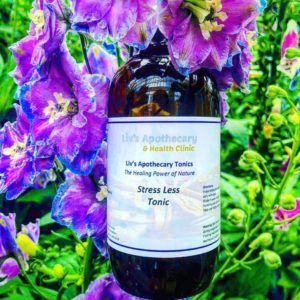
Top 10 Tips for High Blood Pressure (Hypertension)
1. Potassium is found abundantly in fruit and vegetables. It acts oppositely to sodium by promoting the excretion of water and salt out of the body, reducing blood pressure.
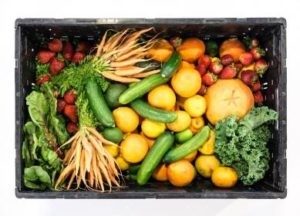
2. Nitric oxide is found abundantly in beetroot (especially beetroot juice). It is a vasodilator (relaxes arteries), which reduces blood pressure.
3. Omega 3 is found in oily fish (e.g. salmon, sardines, mackerel and anchovies), walnuts, flaxseeds, chia seeds and hempseeds (including their oils). It is a mild blood thinner. Thin blood increases blood flow, which reduces blood pressure.
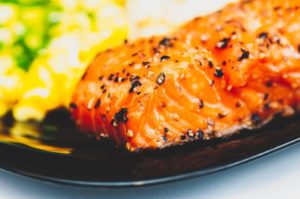
4. Vitamins D, K and magnesium facilitate deposition of calcium into our bones. Without these three vital nutrients, calcium may be deposited in our arteries instead of bones. This undesirable outcome is called calcification. It is the reason why calcium is linked to cardiovascular disease. It is more likely to occur if taking calcium supplements in isolation. Ensure sufficient sun time during summer (vitamin D supplement is inevitable for most of us in winter – I take it in the form of cod liver oil with added vitamin D), eat plenty of green leaves for vitamin K, and include an array of vegetables, nuts and seeds for magnesium. Tip: a simple test to determine if you are magnesium deficient is to stick your tongue out in front of a mirror – slight shaking or quivering indicates magnesium deficiency.
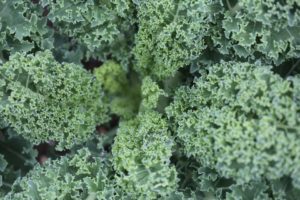
5. Caffeine is best to be enjoyed occasionally instead of daily. Substitute with herbal tea. Dandelion and chicory tea are great coffee-tasting substitutes.
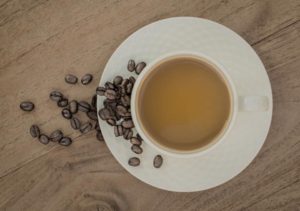
6. Hydration is essential for life. Dehydration increases blood viscosity, reducing flow and increasing pressure.
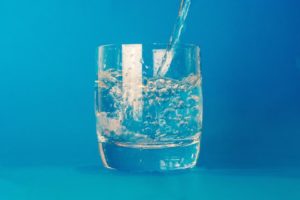
7. Weight loss (if necessary) of a small amount, improves heart health by a large amount. Less weight to carry, reduces blood pressure and strain on the heart.
8. Exercise enhances circulation and blood flow around the body, reducing blood pressure.

9. Relaxation induces our parasympathetic nervous system (rest, repair and digest). This plays an important role in stress management. Book a date with yourself and don’t let yourself down! Would you let your partner/friend/family down? This may be yoga, reading or baking… the possibilities are endless! Check out my Chillax (Chill Out & Relax) Tonic.
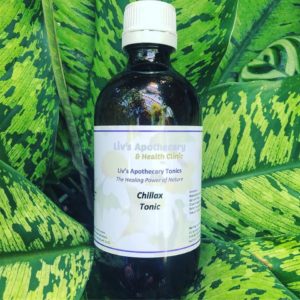
10. Consult with me to determine the cause and individualise your recommendations. Herbal Medicine is powerful, as many herbs are vasodilators, blood thinners and circulatory stimulants, which may significantly reduce blood pressure. A Naturopath/Herbalist can prescribe herbs to you at an appropriate dose.
